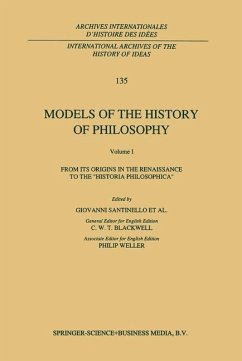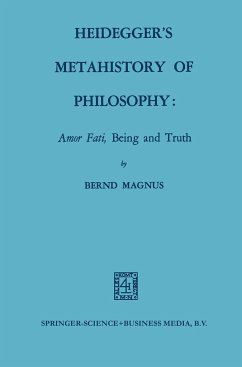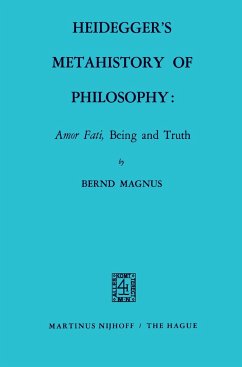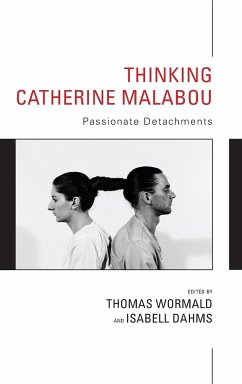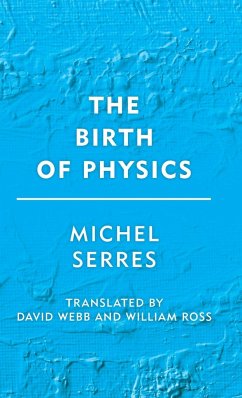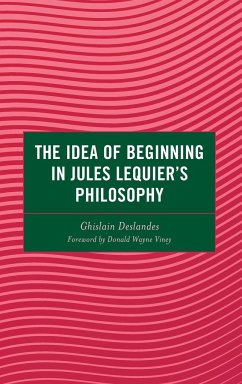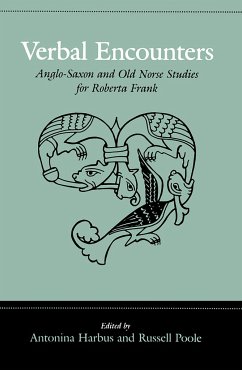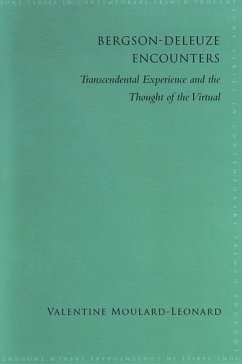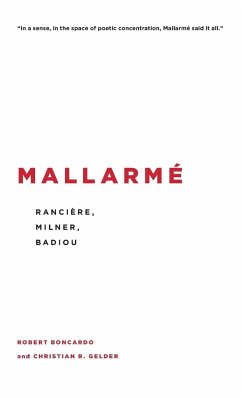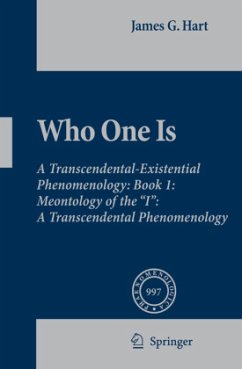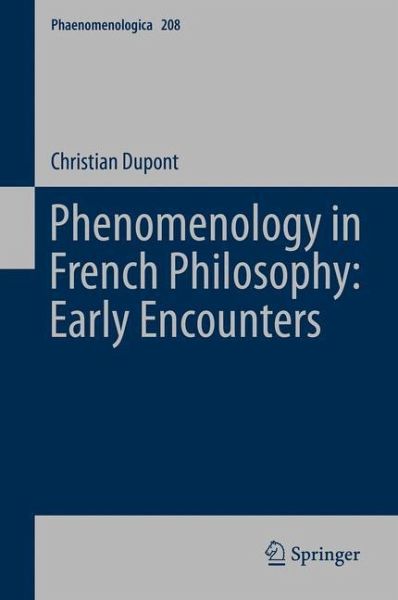
Phenomenology in French Philosophy: Early Encounters
Versandkostenfrei!
Versandfertig in 6-10 Tagen
38,99 €
inkl. MwSt.
Weitere Ausgaben:

PAYBACK Punkte
19 °P sammeln!
This work investigates the early encounters of French philosophers and religious thinkers with the phenomenological philosophy of Edmund Husserl. Following an introductory chapter addressing context and methodology, Chapter 2 argues that Henri Bergson's insights into lived duration and intuition and Maurice Blondel's genetic description of action functioned as essential precursors to the French reception of phenomenology. Chapter 3 details the presentations of Husserl and his followers by three successive pairs of French academic philosophers: Léon Noël and Victor Delbos, Lev Shestov and Jea...
This work investigates the early encounters of French philosophers and religious thinkers with the phenomenological philosophy of Edmund Husserl. Following an introductory chapter addressing context and methodology, Chapter 2 argues that Henri Bergson's insights into lived duration and intuition and Maurice Blondel's genetic description of action functioned as essential precursors to the French reception of phenomenology. Chapter 3 details the presentations of Husserl and his followers by three successive pairs of French academic philosophers: Léon Noël and Victor Delbos, Lev Shestov and Jean Hering, and Bernard Groethuysen and Georges Gurvitch. Chapter 4 then explores the appropriation of Bergsonian and Blondelian phenomenological insights by Catholic theologians Édouard Le Roy and Pierre Rousselot. Chapter 5 examines applications and critiques of phenomenology by French religious philosophers, including Jean Hering, Joseph Maréchal, and neo-Thomists like Jacques Maritain. A concluding chapter expounds the principal finding that philosophical and theological receptions of phenomenology in France prior to 1939 proceeded independently due to differences in how Bergson and Blondel were perceived by French philosophers and religious thinkers and their respective orientations to the Cartesian and Aristotelian/Thomist intellectual traditions.




